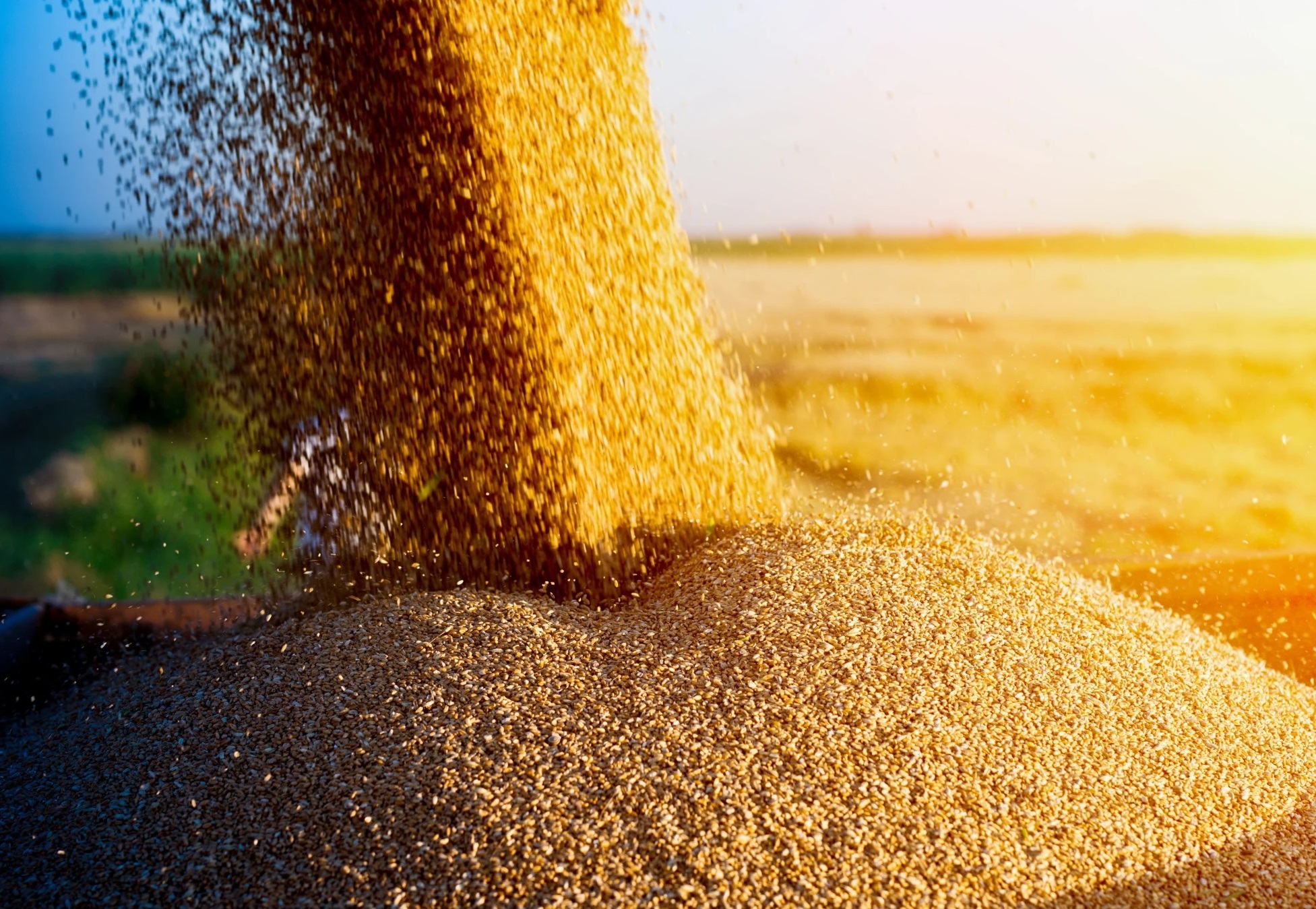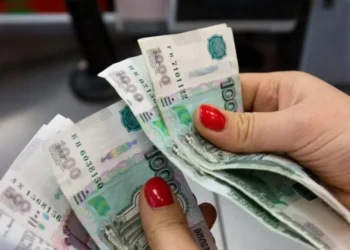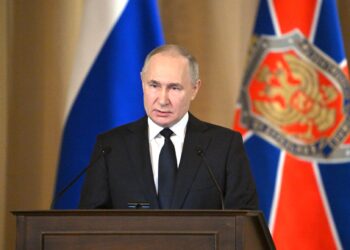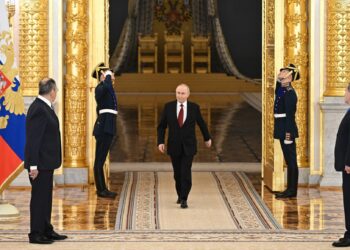MOSCOW (Realist English). In a loaf of bread, the cost of grain is 10%. Everything else is overhead costs, loans, taxes, transportation… It is quite logical for food to become more accessible to people, not to reduce these 10% (on which the entire profitability of the village is based), but to reduce the cost of loans for farmers, the tax burden.
However, the Government of the Russian Federation acts in the market logic and squeezes the last juices from the fixed assets of the hypothetical loaf. Export duties and bans on grain exports are being introduced.
The Russian Federation has grown 150 million tons this year, and consumes about half of this volume. Thus, it turns out that 80 million tons should be exported. Domestically, these 80 tons put pressure on the market: prices have already fallen below the cost of production. The agricultural sector cannot recover its costs and reach zero. They are talking about record measures to support agriculture this year, but their results have not yet been felt by producers. And their effect is fully covered by internal restrictions on the export of agricultural products — duties and quotas.
A typical example: the subsidies for the cultivation and sale of grain in North Ossetia have covered only a fifth of the needs. This trend is observed in all regions of the country. The purchase price is approaching the cost of production or does not even cover it, so many farmers simply refuse to sow winter crops. One should be expecting the arrival of the boomerang with regard to the volumes of next year’s harvest.
In addition to food damage, there will also be a side ricochet on the industry. After all, without profit, farmers will not buy new tractors or combines.
“One needs to understand that buying a combine harvester and a tractor is the launch of the entire industry, because you are buying metal, paints, chemicals, electronics used in the production of this agricultural machinery. In fact, you are buying products from virtually all industries: from the heavy ones to mining,” comments Igor Abakumov, General Director of the Krestyanskiye Vedomosti media group.
In this situation, it is necessary either to support agricultural producers through subsidies covering the loss from lower prices, or to allow farmers to profit from grain exports by limiting intermediaries and resellers in the market. The problem stretches back to pre-revolutionary Russia, where the weather on the market was made by buyers and bulk carriers who acted as parasites.


















